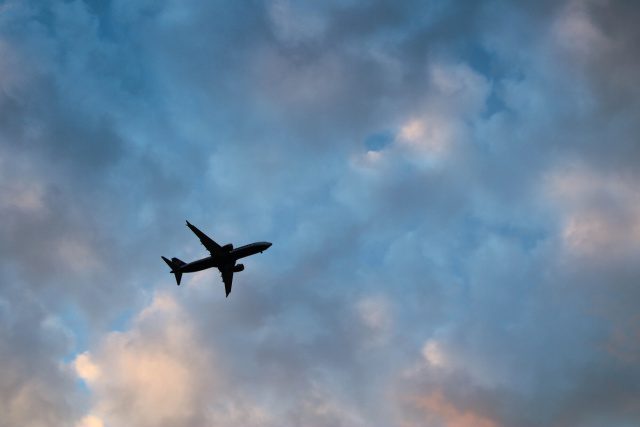
Sofia, Bulgaria: In a recent revelation by Eurostat, Bulgaria has emerged as a notable player in the European air travel scene, experiencing a significant surge in passengers, albeit securing the title of the EU’s second slowest rise.
The figures for 2022 depict a 74% increase in Bulgarian air passengers, trailing just behind Cyprus, which recorded a slightly lower but still commendable 69% boost.
The European Union, as a collective entity, witnessed an impressive upswing in air travel, boasting an average surge of 119%. The total number of air passengers skyrocketed from EUR 375 million in 2021 to an impressive EUR 820 million in 2022.
These numbers reflect a continent eager to reclaim the skies after the challenges posed by the global pandemic.
Taking the lead in this aviation renaissance is Ireland, showcasing an extraordinary leap with a staggering 256% increase in air passengers.
This remarkable surge signals a robust upward trend in travel, highlighting Ireland’s resilience and the pent-up demand for air travel in the region.
Delving into the distribution of air passengers, a fascinating pattern emerges. Extra-EU passenger transport dominates, constituting 47% of the total air passenger flow in 2022.
In contrast, intra-EU transport accounted for 37% and national transport held a 16% share. A noteworthy shift from the previous year was observed, with extra-EU transport experiencing an 8 percentage point increase.
Meanwhile, both intra-EU and national transport witnessed decreases of 1 and 7 percentage points, respectively.
These statistics underscore Bulgaria’s evolving position in the European air travel landscape. While the 74% increase in air passengers signals growth, the nation holds the distinction of the second slowest rise in the EU.
This relative positioning within the region’s aviation market prompts an exploration into the factors influencing Bulgaria’s air travel landscape.
Analysts attribute the growth to a combination of factors, including increased vaccination rates, easing travel restrictions, and a gradual return to normalcy in the wake of the pandemic.
However, challenges such as infrastructure development and market competition may play a role in Bulgaria’s slower ascent compared to some of its EU counterparts.
As Bulgaria navigates these challenges, the broader European trends indicate a continent eager to embrace the skies once again.
The aviation sector’s resurgence serves as a barometer for economic recovery and a testament to the resilience of the European travel industry.
In the midst of this, Bulgaria stands as a dynamic player, contributing to the evolving narrative of air travel in the region.
In conclusion, while Bulgaria may be the EU’s second slowest riser in air travel, the 74% surge in passengers signifies a positive trajectory.
As the nation navigates its unique challenges, it plays a crucial role in the broader story of Europe’s aviation resurgence.
This article was created using automation technology and was thoroughly edited and fact-checked by one of our editorial staff members
